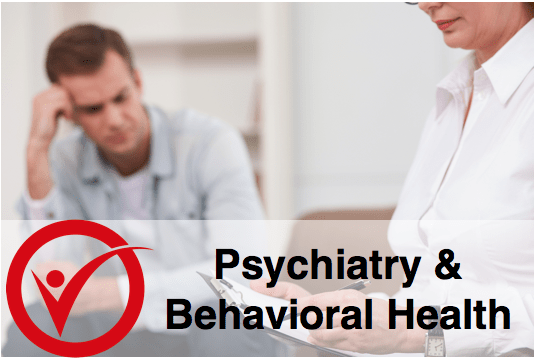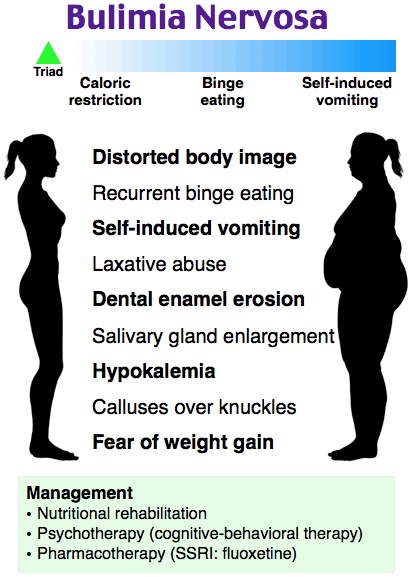New Psychiatry & Behavioral Health Rotation Exam, Perfect for PA Students

Rosh Review, LLC is not sponsored or endorsed by, or affiliated with, the Physician Assistant Education Association (PAEA) nor the End of Rotation Exam™ (EOR). All trademarks are the property of their respective owners.
The Rotation Exam – Psychiatry & Behavioral Health Module, available to Physician Assistant students and programs, is best suited for PA students looking for a focused, high-yield review for the end of your rotation. It joins our growing list of Rotation Exams, including Rotation Exam – Family Medicine, Rotation Exam – Internal Medicine, Rotation Exam – Emergency Medicine, Rotation Exam – General Surgery, and Rotation Exam – Women’s Health. This content is novel and not included in Rosh Review’s PANCE Qbank, Mock exams, or Power Packs.
Topics for the Rosh Review Psychiatry and Behavioral Health Rotation Exam are based on the national curriculum blueprint.
Categories include the following:
- Depressive disorders; Bipolar and related disorders (18%)
- Anxiety disorders; Trauma- and stress-related disorders (14%)
- Substance-related disorders (14%)
- Schizophrenia spectrum and other psychotic disorders (12%)
- Personality disorders; Obsessive-compulsive and related disorders (8%)
- Somatic symptom and related disorders; Nonadherence to medical treatment (8%)
- Feeding or eating disorders (8%)
- Paraphilic disorders; Sexual dysfunctions (4%)
- Disruptive, impulse-control, and conduct disorders; Neurodevelopmental disorders (10%)
Content is organized by task:
- History and Physical (15%)
- Diagnostic studies (10%)
- Diagnosis (25%)
- Health maintenance (10%)
- Clinical intervention (10%)
- Clinical therapeutics (20%)
- Scientific concepts (10%)
*Percentages are estimates
Here is an example:
A 25-year-old woman with a history of bulimia nervosa presents to your office with concerns about depression. She has started psychotherapy and would like to start taking a medication as well. Which of the following is contraindicated for use in this patient?
A. Bupropion
B. Fluoxetine
C. Nortriptyline
D. Sertraline
Answer A
Bulimia nervosa is an eating disorder diagnosed using criteria described in the Diagnostic and Statistical Manual of Mental Disorders (DSM-5). A number of characteristics are seen in patients with this disorder, and to meet criteria symptoms must occur at least once a week for three months or longer. These include recurrent binge eating with a sensation of loss of control, repetitive compensatory behaviors to avoid gaining weight (such as abuse of laxatives or diuretics), excessive exercise or fasting, and self-evaluation through weight and body shape. First-line treatment of bulimia nervosa is with nutritional rehabilitation plus psychotherapy. Pharmaceutical therapy is also beneficial, especially when coupled with a comprehensive eating disorder therapy program. When the decision is made to use pharmacotherapy, first-line is with a selective serotonin reuptake inhibitor (SSRI) agent. Bupropion is contraindicated for use in patients with bulimia nervosa due to the potential for causing seizures. The goal of treatment is for patients to abstain from binging and purging, although a reduction in frequency is considered to be a meaningful response to therapy.

Fluoxetine (B) is an SSRI and is the medication that has been studied the most and found to be most effective in treating patients with bulimia nervosa. It is considered first-line pharmacotherapy in the treatment of bulimia nervosa. Third-line treatment for patients who have failed fluoxetine and other SSRIs is with a tricyclic antidepressant such as nortriptyline (C) or a monoamine oxidase inhibitor. Sertraline (D) is an SSRI that may be considered for use in patients with bulimia nervosa.
Since these categories and tasks are integrated into our improved performance and feedback page, you have access to robust data to help you fine-tune your studying.
Keep an eye out for the release of the Rotation Exam in Pediatrics.
Study on…
The Rosh Review Team
A bolus of confidence. A lifetime of knowledge.





Comments (0)